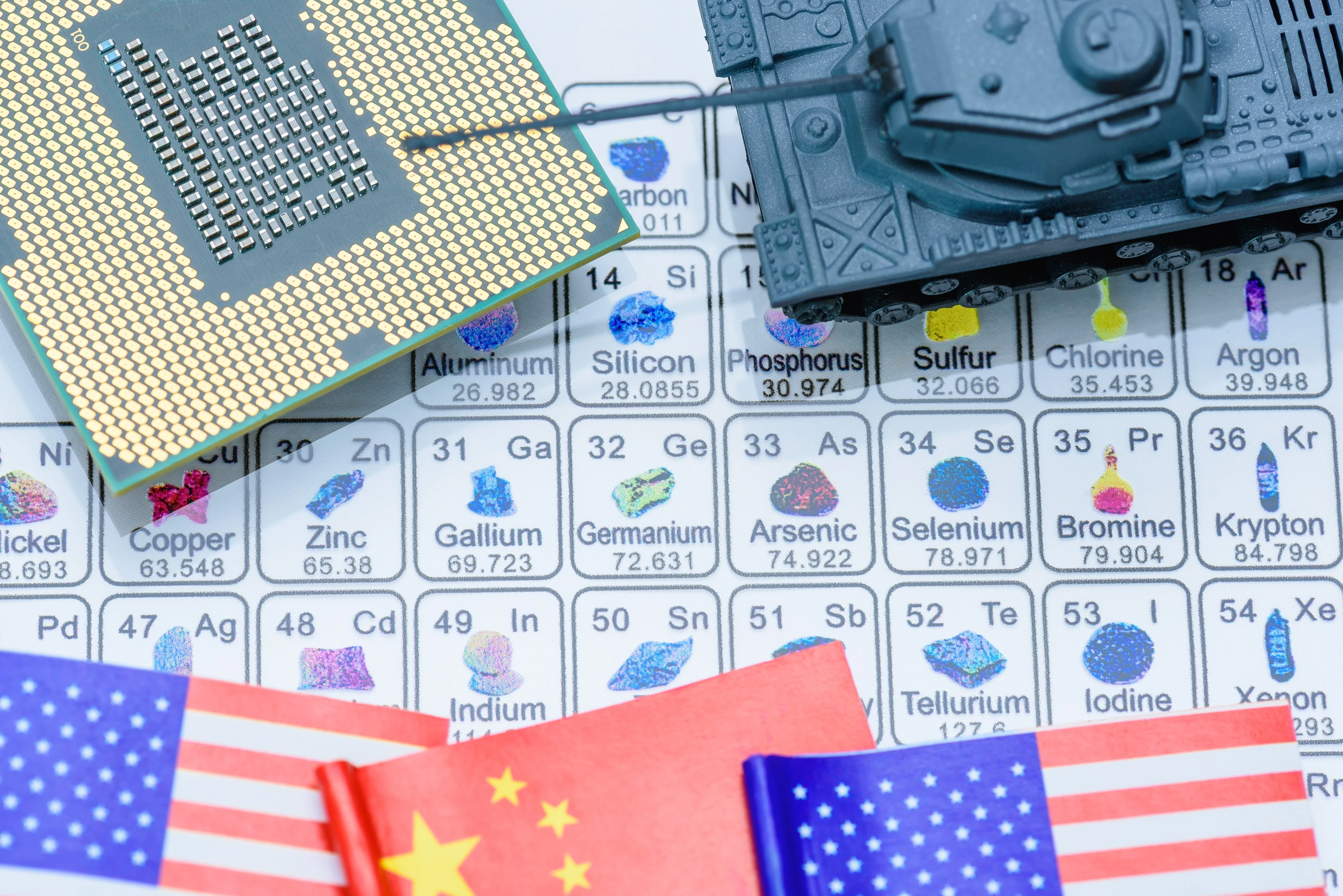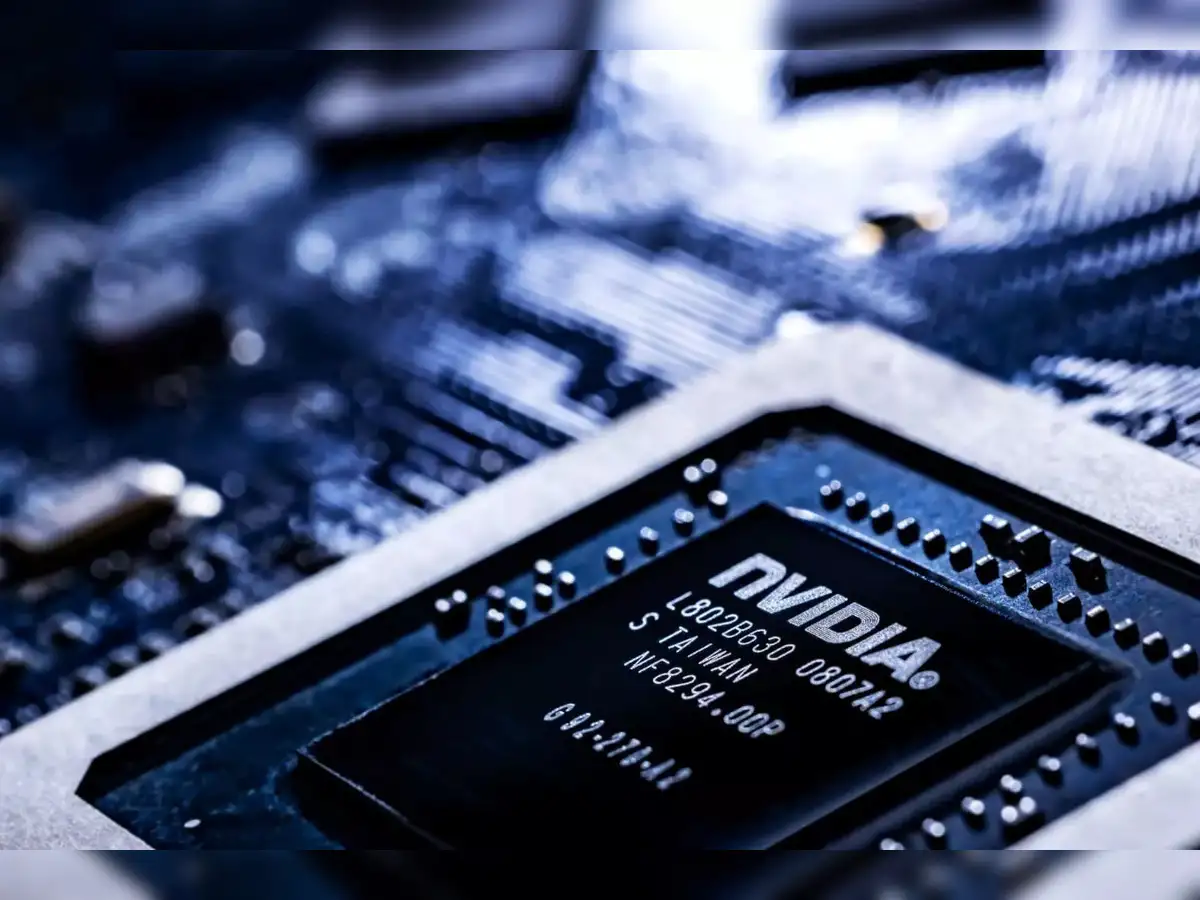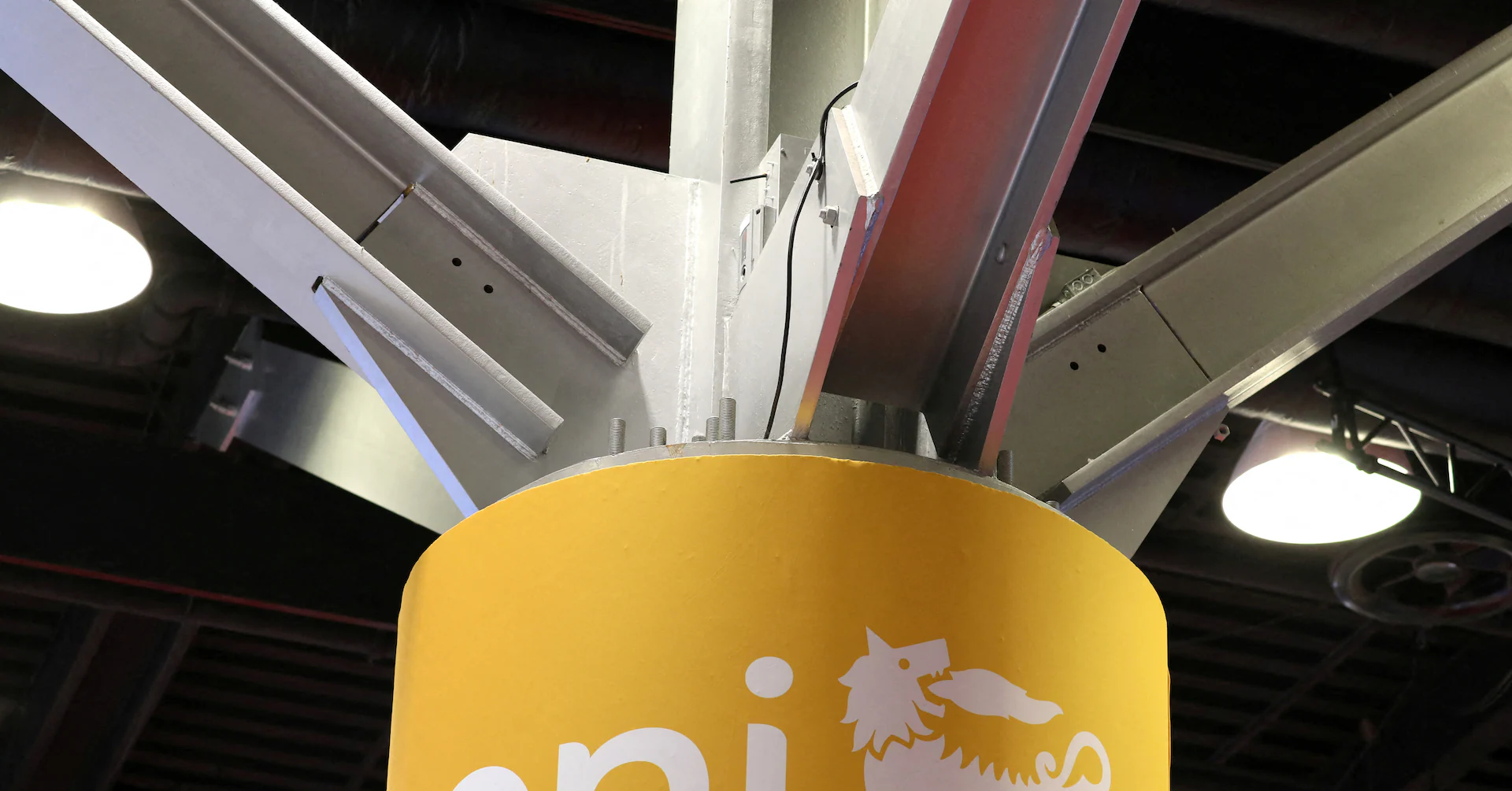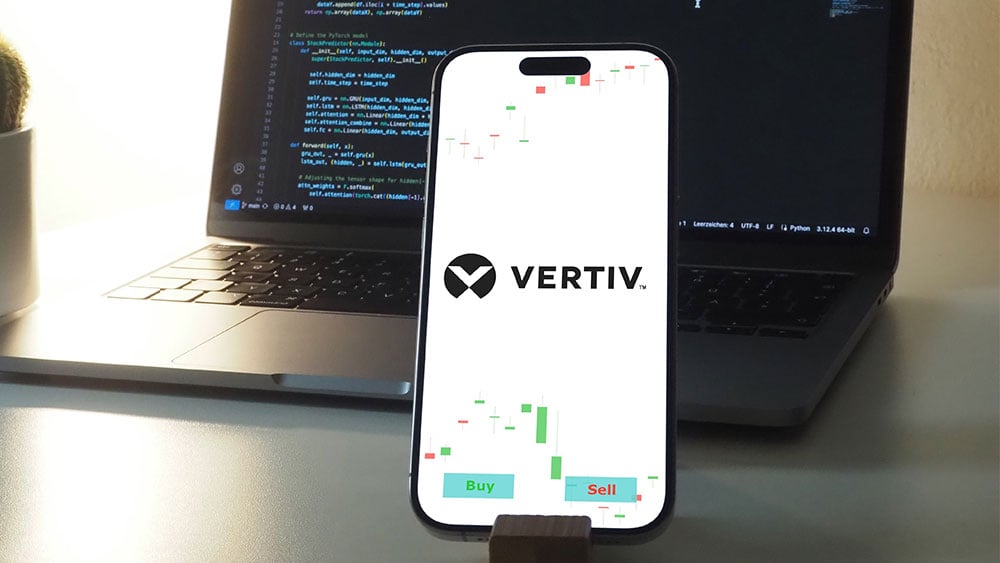By Alice Li,Kandy Wong
Copyright scmp

From funding Intel to eyeing a potential stake in Lithium Americas, the United States is increasingly wielding the government’s “visible hand” in its once-celebrated free market – a strategy long associated with China.
Analysts said Washington’s recent embrace of industrial policy – though limited to certain strategic sectors, such as semiconductors and critical minerals – reflects growing concern over the vulnerability of global supply chains amid rising US-China competition.
“I believe the US government is trying to take a leaf out of China’s playbook,” said Brian Wong, a fellow at the University of Hong Kong’s (HKU) Centre on Contemporary China and the World.
Rajiv Biswas, CEO at Asia-Pacific Economics, agreed that Washington’s recent moves highlight a more “interventionist policy approach”.
“[It] reflects the realisation that commercial market forces may not deliver adequate domestic supply capacity for key inputs of certain key strategic industries such as defence technology or advanced electronics,” said Biswas, speaking from the Fastmarkets Critical Minerals and Metals Summit in Indonesia.
“Escalating geopolitical tensions have been a key factor driving US government concerns about supply chain disruptions for US imports of semiconductors and critical minerals,” he added.
Reports earlier this week suggested the Trump administration is considering an equity stake of up to 10 per cent in Lithium Americas, which is developing the Thacker Pass mine in Nevada – the world’s “largest known measured lithium resource and reserve”, according to the company’s website.
Thacker Pass is expected to produce 160,000 tonnes of battery-grade lithium carbonate annually over five phases of capacity expansion. The company said the project will “help enable a US domestic battery supply chain”, as the country currently produces less than 1 per cent of the world’s lithium.
The reported proposal follows a multibillion-dollar deal in July with US rare earth producer MP Materials, which included a US$400 million convertible stock purchase – making the Department of Defence the company’s largest shareholder.
In late August, the US government also took a 10 per cent stake in Intel, the only American company capable of making advanced chips domestically.
The deal totalled US$8.9 billion in investment, with US$5.7 billion coming from grants under the Chips and Science Act, which was signed into law in 2022 and provides billions of dollars in government funds to boost domestic semiconductor research, development and manufacturing.
Washington’s push for direct ownership in strategic sectors echoes Beijing's approach to the rare earth industry, where China now holds a near-monopoly over the global supply chain.
But despite their critical role in hi-tech manufacturing, rare earths remain a low-margin business. To support the industry’s growth, the Chinese government adopted a fully state-controlled strategy to fund technological breakthroughs in mining, refining and downstream production such as rare earth magnets.
Some analysts question whether Washington’s increasingly interventionist approach is suited to its governance and economic model. Wong of HKU cautioned it might struggle to wield state power effectively in industries it deems strategic because the US has a limited tradition of industrial policy.
“There exists no comparable institutional culture or memory in a country like the US, which has jettisoned industrial policy for over four decades, since the space race days of the Cold War,” Wong said.
By contrast, he said China’s bureaucracy has spent two decades trying to curb unproductive nepotism while channelling funds toward areas demonstrating competence and performance.
“The US wants to, but may not know how to do industrial policy.”
Following the announcement of the Intel deal, Trump signalled on social media that similar agreements between the US government and private companies will follow.
“I will make deals like that for our Country all day long. I will also help those companies that make such lucrative deals with the United States,” he wrote on Truth Social.
“More jobs for America!!! Who would not want to make deals like that?”



